Military Service & Leadership Philosophy
Leadership is Earned. Not Given.
From the battlefield to the boardroom, the lessons of leadership remain the same. In the Army, I learned that true leaders don’t command respect—they earn it. That mindset drives everything I do today.
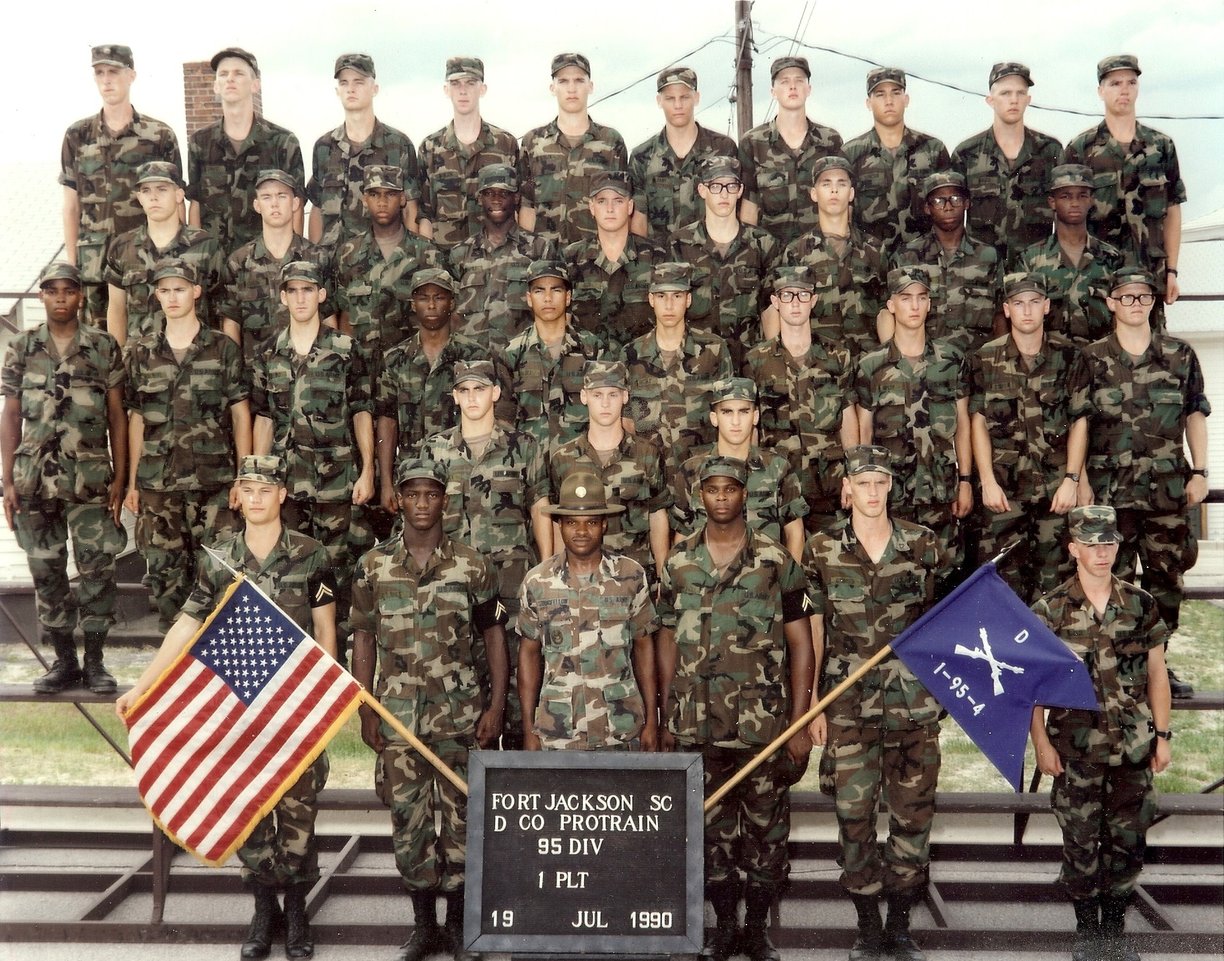

The Youngest in the Fight
I enlisted in the U.S. Army at 17 years old, making me the youngest person from Utah to serve in Desert Storm, and possibly the youngest overall. Because I had skipped sixth grade and graduated high school a year early, I found myself in combat while many my age were still in school.
This unique distinction led to an invitation to meet Utah Governor Norman Bangerter, and my mother was his guest at the 1991 State of the State Address. Today, the National Desert Storm Memorial Association (NDSMA) is researching whether I was the youngest person to serve in the conflict.
Being so young, I had a lot to prove. I took my responsibilities seriously, and I learned fast—because in the military, you have to. There’s no room for hesitation.
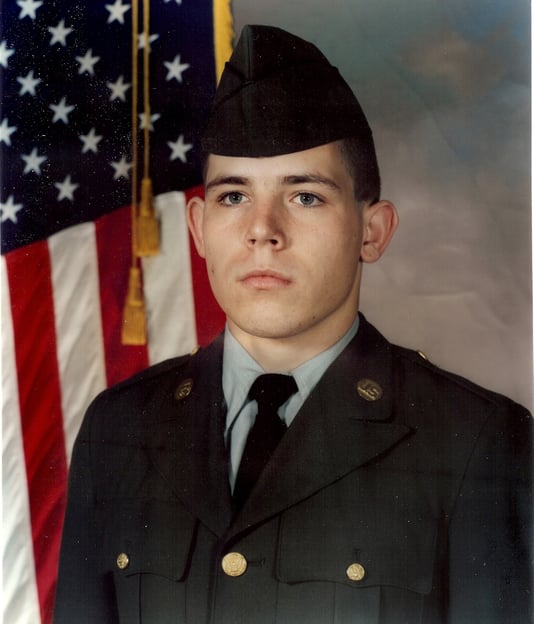

From Keyboards to Combat
I joined the Army as a 31C (Single Channel Radio Operator), working in a RATT rig (Radio Teletype)—which meant I was at a keyboard even in combat. After Desert Storm, I retrained as a 31R (Multi-Channel Transmissions Systems Operator/Maintainer), specializing in secure military communications.
Serving nearly seven years, I completed Airborne and Air Assault training, became a Combat Lifesaver, and managed over $4 million in equipment while leading a team of 30 soldiers. I was promoted to Sergeant in just three years, earning multiple awards, including two Army Commendation Medals.
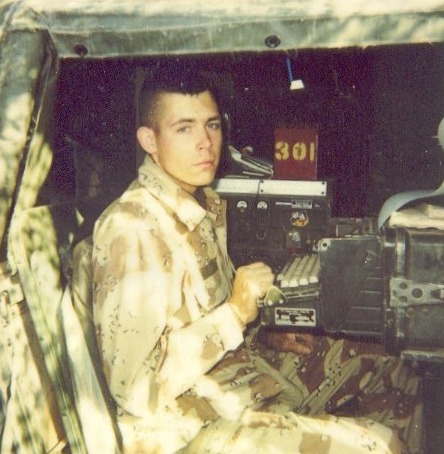

Living a Life Without Excuses
The Airborne lifestyle is demanding, and it changes you forever. These days, I tell my wife that being a Paratrooper means living a life without excuses. I never say "No because..."—I always say "Yes, if...".
One of the single most valuable lessons I learned in the military is one I still use today: "If you can't get out of it, get into it." A Lieutenant taught me that during a brutal 30+ day field exercise in the woods. Complaining wouldn’t make it easier. Resisting wouldn’t make it shorter. But choosing to embrace it made all the difference. That mindset has served me well—then and now.
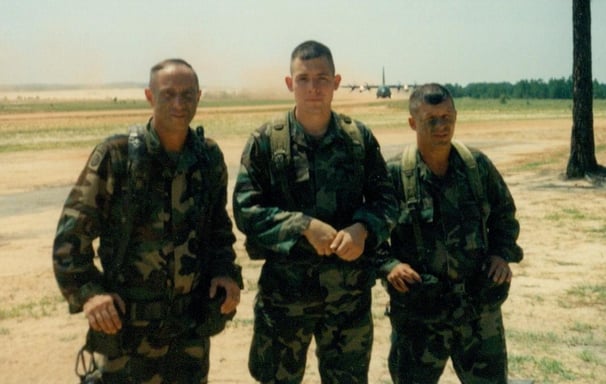

Lessons in Leadership
One of the most profound lessons I learned in the Army was about leadership. I observed that people followed leaders for one of two reasons:
Fear & Brute Force – Some leaders relied solely on their rank, demanding obedience and punishing those who disobeyed. Their soldiers gave them the bare minimum and took every opportunity to undermine them.
Respect & Trust – Other leaders earned loyalty by taking care of their people. They empowered and supported their troops, who, in turn, worked hard even when no one was watching—because they wanted to take care of their leader, too.
I chose to be the second type of leader. This philosophy has stayed with me throughout my career, shaping how I build teams, mentor others, and lead organizations today.
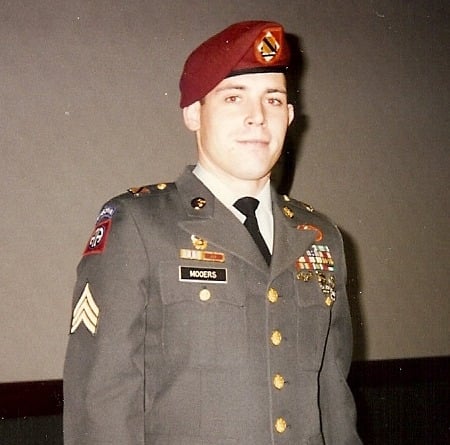

The First Time I Saw Death
I was young. Too young, maybe. And like many soldiers, I remember the first time I saw death up close.
The first dead body I ever saw was a fallen Iraqi soldier on the battlefield. In that moment, I didn’t see an enemy—I saw a human being. His mission ended when his life did. And I treated him with utmost respect, the way I would want to be treated if the tables were turned.
That moment shaped me. It reinforced my belief that respect transcends sides. That leadership is about humanity. And that every person, friend or foe, deserves dignity.
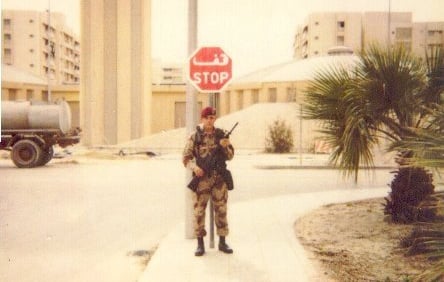

From the Battlefield to the Boardroom
The military taught me discipline, adaptability, and resilience—qualities that have been just as valuable in the tech industry as they were in combat. Leading software teams, solving complex problems, and navigating high-pressure situations all require the same skills I learned in the Army:
Making decisions under pressure
Taking care of my team
Adapting to any challenge
Holding the standard—without excuses
Today, I bring that same mindset to my work. Whether leading an engineering team, tackling a business challenge, or mentoring others, I operate with the same guiding principle: "If you can't get out of it, get into it."
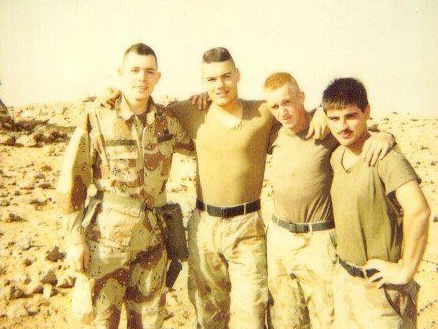

Final Thought
A leader's job is to lift others up—not stand above them.
The military taught me discipline, adaptability, and the power of taking care of people. That same mindset drives how I lead today. Whether in business, technology, or life—leadership is about service, not rank.
